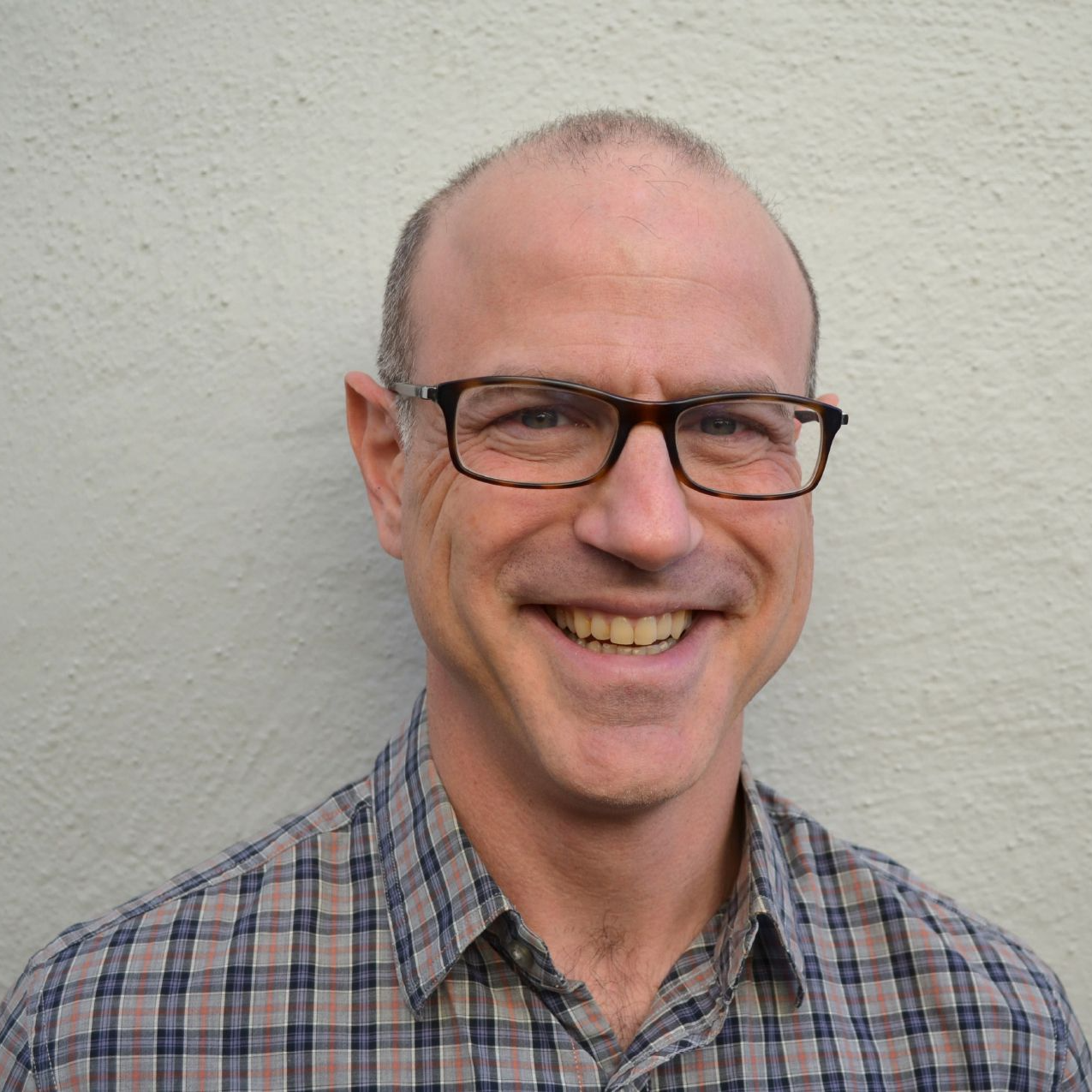SAN FRANCISCO, June 27 (Reuters) – Arguing for the government on Tuesday in its legal fight against Microsoft’s (MSFT.O) $69 billion deal to buy game maker Activision Blizzard (ATVI.O), Harvard economist Robin Lee struggled at times to plainly demonstrate how the planned deal would hurt gamers.
The U.S. Federal Trade Commission has asked a federal judge to stop the transaction temporarily in order to allow the agency’s in-house judge to decide if it can go forward. That said, the side that loses in federal court often concedes and the in-house process does not go forward.
Lee was pressed by an attorney for Microsoft over the details of his analyses of potential market share gains for the Redmond, Washington-based company’s Xbox division, particularly the effect on gamers who would migrate due to the wildly popular “Call of Duty” videogame which is made by Activision.
Lee acknowledged that his analyses did not account for anything but full exclusivity of “Call of Duty” on Xbox and did not show what may occur if the game was available on Nintendo’s (7974.T) Switch. If the deal goes through, Microsoft has pledged to provide the game to Switch for 10 years.
Microsoft attorney Beth Wilkinson pressed Lee in an effort to poke holes in his analysis of the deal, pointing out limitations of his economic modeling. At times the questioning grew testy, including when Wilkinson said forcefully, “Professor Lee, can you answer my question?” on a fine detail of his reports.
Appearing to grow frustrated with the difficulty in parsing Lee’s answers, Wilkinson at one point mapped out his market share assumptions on a white board visible to the judge.
Judge Jacqueline Scott Corley, a federal judge in San Francisco who will decide the case, said little on Tuesday.
The FTC says the transaction would give Microsoft exclusive access to Activision games, leaving Nintendo and Sony Group out in the cold.
Microsoft has argued that it would be better off financially by licensing the games to all comers.
The deal has won approval from many jurisdictions but has been opposed by the FTC in the United States and Britain’s Competition and Markets Authority.
Reporting by Greg Bensinger in San Francisco
Additional reporting by Diane Bartz in Washington
Editing by Matthew Lewis
Our Standards: The Thomson Reuters Trust Principles.
